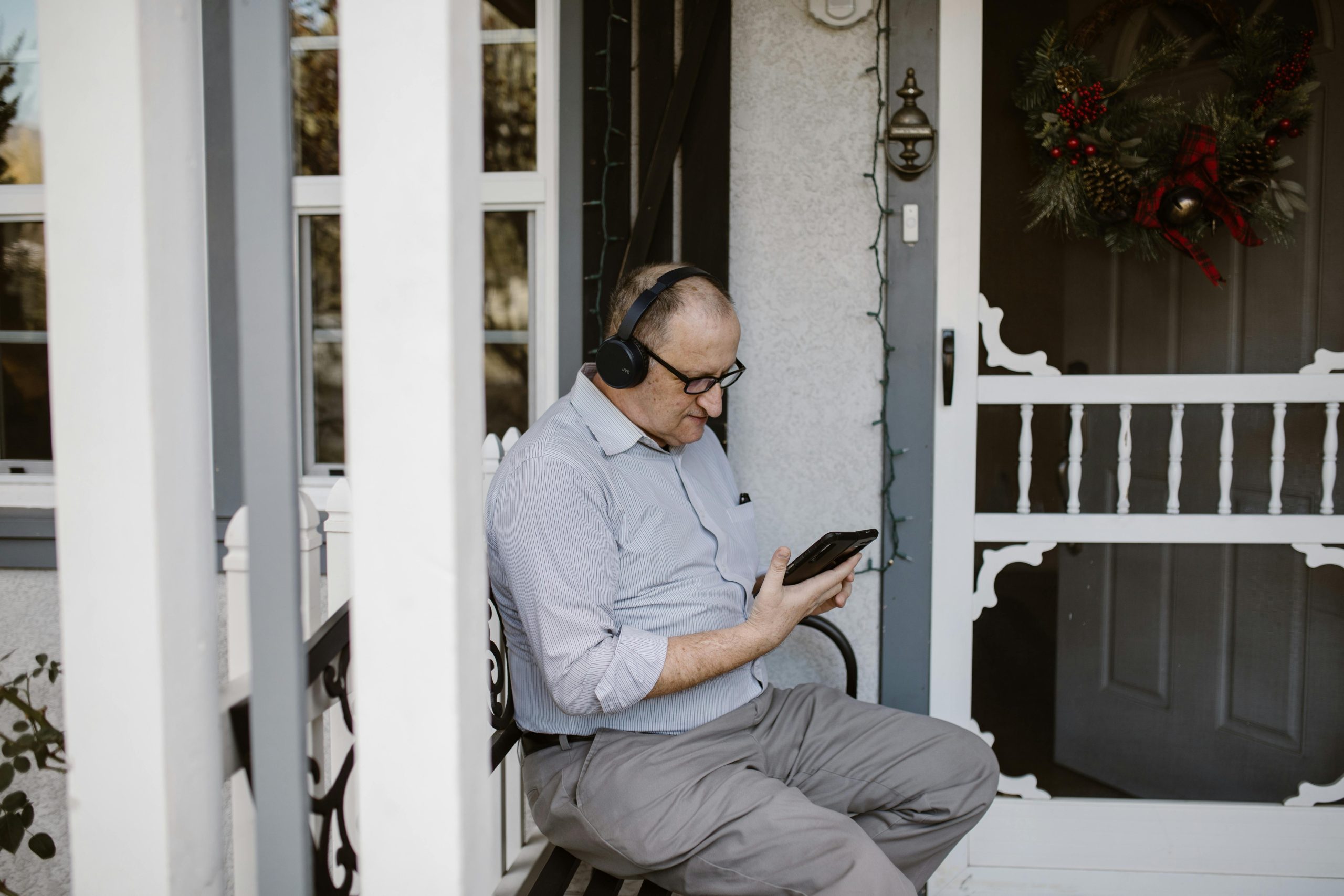Understanding Social Norms and Personal Boundaries in Social Interactions
Navigating social interactions can be challenging, especially when cultural or personal differences come into play. If you’ve recently transitioned to a new environment or simply find social engagement outside your comfort zone, you might notice that others expect certain behaviors, such as greeting every person you encounter.
For those who aren’t naturally outgoing, it can feel overwhelming or even misunderstood when they choose not to initiate conversations or greetings. Many people are conditioned to believe that a simple “hi” or a friendly smile is enough to foster connection, but for some, social interactions are more nuanced. It’s important to recognize that a person’s mood, energy level, or personal circumstances—like fatigue or stress—can influence how and when they engage with others.
It’s common to feel judged when not reciprocating greetings, especially in environments where social norms favor frequent verbal exchanges. However, it’s equally valid to prefer minimal interaction, such as a polite smile, rather than forced conversations. Respecting individual boundaries and understanding that silence or silence accompanied by a smile can still be courteous is key.
If you’re someone who finds social exchanges exhausting or overwhelming, know that your feelings are valid. Being authentic in your interactions not only helps preserve your well-being but also fosters genuine connections over superficial greetings. Remember, communication is diverse, and respecting personal comfort levels benefits everyone.
Please note, English is not my first language, so I appreciate your understanding if my expression isn’t always perfect.
By recognizing and respecting varying social preferences, we can create more inclusive and understanding communities.
